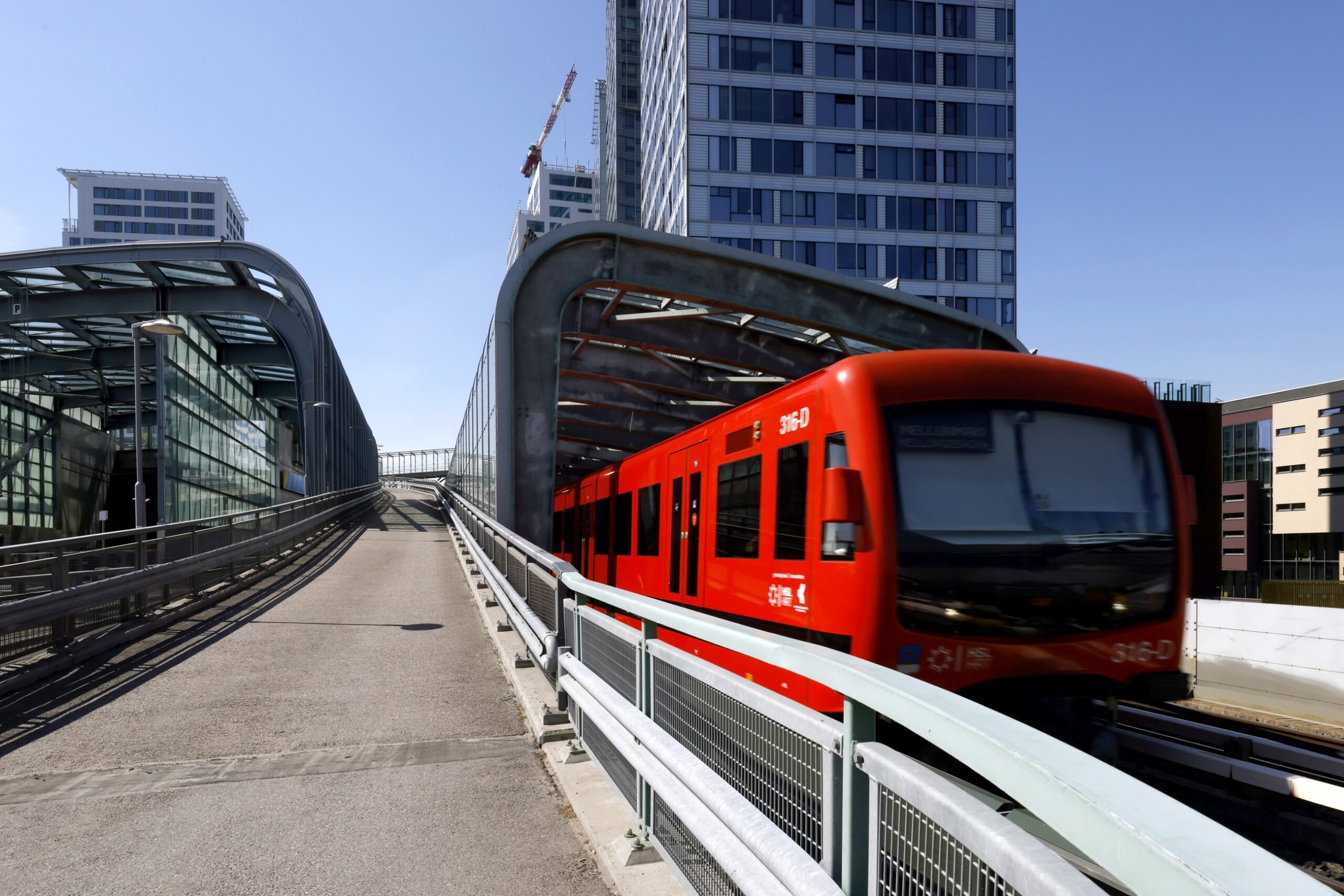Finnish Economic Outlook

On this page, you will find a summary of Finland’s economic outlook:
Key indicators of Finland’s economy
Finland’s Economic Situation in International Comparison
Employment Rate and Productivity
Finland’s Population Development
Key indicators of Finland’s economy
Finland’s economic growth has been sluggish in recent years. In the exceptional economic environment of recent years, inflation has been faster than usual. To curb this, the European Central Bank (ECB) raised its key interest rates rapidly. However, by autumn 2024, the trend has shifted toward lowering key interest rates. In Finland, inflation is already at a moderate level, making the European interest rate policy relatively tight for Finland’s economic cycle. Consumer confidence in Finland remains below the long-term average, and consumers are cautious about making purchases. The business climate is currently very weak, but expectations for improvement are beginning to emerge.
Finland’s Annual GDP Development, including forecast
Annual change, %
Inflation in Finland and the ECB Key Interest Rate
Annual change in the Consumer Price Index
Manufacturing Business Situation and Outlook
Balance figure, seasonally adjusted
Consumer Confidence, Finland
Finland’s Economic Situation in International Comparison
Finland’s economic growth is expected to be modest in the coming years compared to international benchmarks. Finland’s GDP per capita is lower than it was before the financial crisis, meaning that the standard of living for Finns has not increased in over 15 years. At the same time, GDP per capita has grown in key competitor countries. Public sector debt is increasing in Finland and is significantly higher compared to other Nordic countries.
GDP Forecast for Finland, USA and Euro Area
GDP growth %
GDP development in Finland, Sweden, Denmark, EU and USA
Index, 2008=100
Public Sector Debt in Finland and the Nordic Countries
% of GDP
Overall tax rate in Finland, Sweden, Denmark, Germany, and Estonia
% of GDP
Employment Rate and Productivity
Finland has fallen behind competitor countries in both the employment rate and labor productivity. Productivity, in particular, is key to economic growth.
Employment Rate in Finland, Sweden, and Denmark
Employment rate, ages 15-64
Unemployment Rate in Finland
Three-month moving average
Labor Productivity per Person in Finland, Sweden, Germany, and the Euro Area
Index, 2010 = 100
Finland’s Population Development
The working-age population is declining in Finland, which is creating increasing challenges for public finances. The share of people over 65 is growing, leading to a worsening dependency ratio and rising care costs. Many sectors are already struggling with a shortage of skilled labor. Birth rates are at a record low in Finland and in many other countries, so the outlook for population development is not improving. The bright spot in population trends is the growth in net immigration.
Development of the Working-age Population in Finland, Sweden, the EU, and the World
Index, 2010=100
Proportion of People Over 65 Years of Age in the Total Population, Finland, Sweden, Denmark, and the world
% of the population
Birth Rate in Finland, Sweden, and EU Countries
Total fertility rate, i.e., the average number of children women have during their lifetime.
Immigration to Finland (net sum)
Immigration minus emigration
